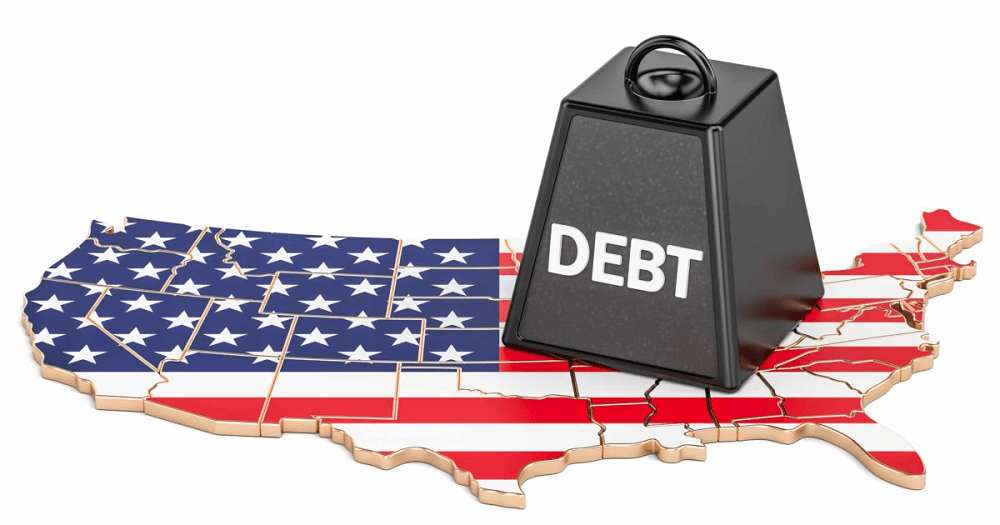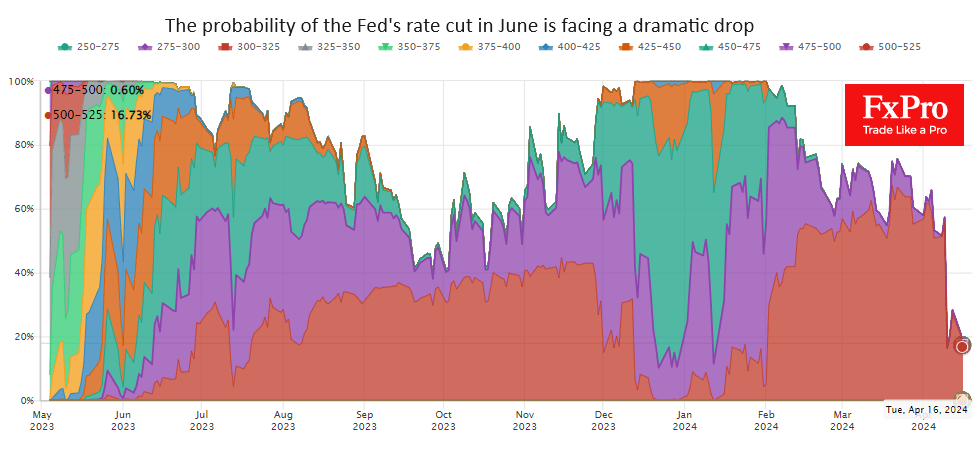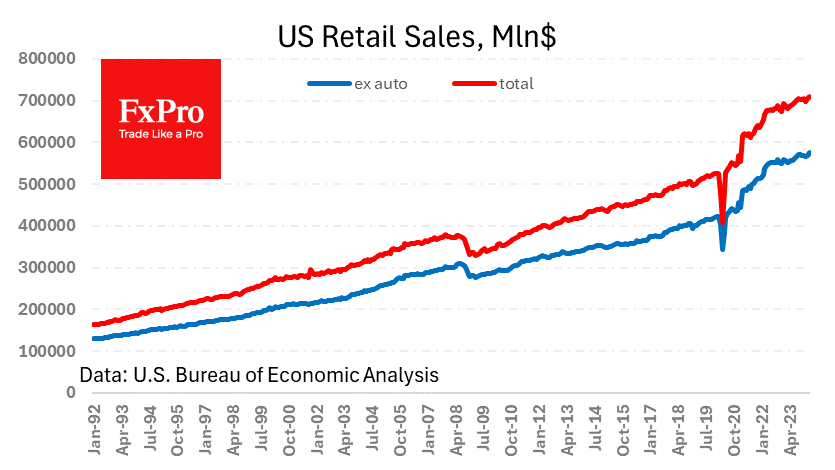U.S. debt will easily surpass $30 trillion by the middle of the decade
September 17, 2020 @ 13:31 +03:00
The U.S. government is awash in debt and red ink — and neither President Donald Trump or his Democratic challenger appear bothered by the status quo, an analyst told Yahoo Finance on Wednesday. Last week, the Treasury released data showing how the COVID-19 pandemic helped push the U.S. federal budget deficit above $3 trillion for the first 11 months of fiscal 2020, a rate more than double the prior full-year record.
In previous years, the federal deficit — and the mountain of IOUs to investors it signified — would figure prominently in a presidential campaign. But fast forward to 2020, and neither Trump nor former Vice President Joe Biden is addressing deficit spending. In fact, they seem to be embracing it, Greg Valliere, AGF Investment’s chief strategist told “On the Move” in an interview. “If Trump wins, he wants to make his tax cuts permanent. He wants to spend more money on things like infrastructure,” Valliere said.
Yet if Biden prevails — as recent polls suggest is likely, “he might raise taxes but not to reduce the deficit. He’ll raise taxes because he has programs he wants to spend for,” Valliere added. Valliere estimated that total U.S. debt will easily surpass $30 trillion by the middle of the decade, due to deficits of more than $3 trillion this fiscal year and another $2 trillion in fiscal 2021.
However, many analysts have questioned whether either candidate have the political will to get the debt under control with servicing costs so low. Not only is the federal government borrowing and spending at record levels, the Federal Reserve is committed to keeping its foot on the pedal of monetary policy — neither of which has resulted in nudging up inflation or bond yields.
On Wednesday, the Fed vowed to keep interest rates near zero until prices rise, yet Valliere, like some other market observers, warned that the bond market could eventually rebel.
Analyst: Neither Trump or Biden care about soaring federal debt, deficit, Business, Sep 17








